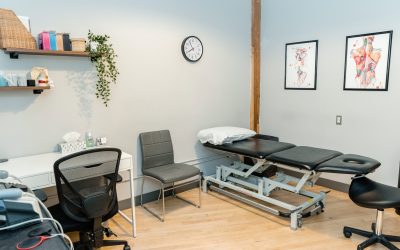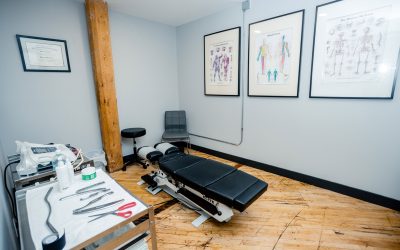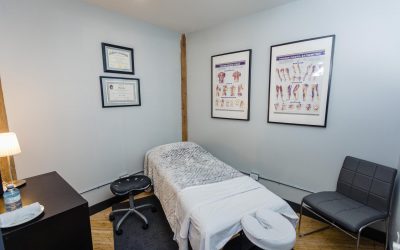Mother’s Day is devoted to the celebration and appreciation of the female role models in our lives. This month, as we show our gratitude to those closest to us, we should also take the time to consider women’s health, more specifically, breast cancer.
According to the Canadian Cancer Society, roughly 1 in 8 women will be diagnosed with breast cancer at some point in their lives, and approximately 65 women each day are diagnosed with breast cancer in Canada. Whether it’s ourselves, a mother, a sister, or friend, most of us know of someone who has received a breast cancer diagnosis. What is less known, is the role exercise and physiotherapy can play in the treatment and recovery of breast cancer.
Studies have shown that comprehensive exercise programs, carefully constructed by trained clinicians, can decrease cancer-related fatigue and positively impact anxiety and depression in those undergoing cancer treatments, as well as reduce the risk of recurrence in cancer survivors 1, 2, 3.
If you, or someone you love is currently undergoing breast cancer treatment, or recovering from a mastectomy or reconstruction, physiotherapy can help! Physiotherapists with breast cancer training, such as myself, can assist in the treatment of axillary cording, perform scar massage, assist with lymphedema management and develop individualized exercise programs to improve your mobility and energy levels.
Receiving a diagnosis of breast cancer can be frightening and emotionally overwhelming, but you don’t have to go through it alone. Please call the clinic for more information.
Wishing you all a very happy Mother’s Day!
1. Speck, R. M., Courneya, K. S., Mâsse, L. C., Duval, S., & Schmitz, K. H. (2010). An update of controlled physical activity trials in cancer survivors: a systematic review and meta-analysis. Journal of cancer survivorship : research and practice, 4(2), 87–100. https://doi.org/10.1007/s11764-009-0110-5
2. Rockhill, B., Willett, W. C., Hunter, D. J., Manson, J. E., Hankinson, S. E., & Colditz, G. A. (1999). A prospective study of recreational physical activity and breast cancer risk. Archives of internal medicine, 159(19), 2290–2296. https://doi.org/10.1001/archinte.159.19.2290
3. Campbell, K. L., Winters-Stone, K. M., Wiskemann, J., May, A. M., Schwartz, A. L., Courneya, K. S., Zucker, D. S., Matthews, C. E., Ligibel, J. A., Gerber, L. H., Morris, G. S., Patel, A. V., Hue, T. F., Perna, F. M., & Schmitz, K. H. (2019). Exercise Guidelines for Cancer Survivors: Consensus Statement from International Multidisciplinary Roundtable. Medicine and science in sports and exercise, 51(11), 2375–2390. https://doi.org/10.1249/MSS.0000000000002116








